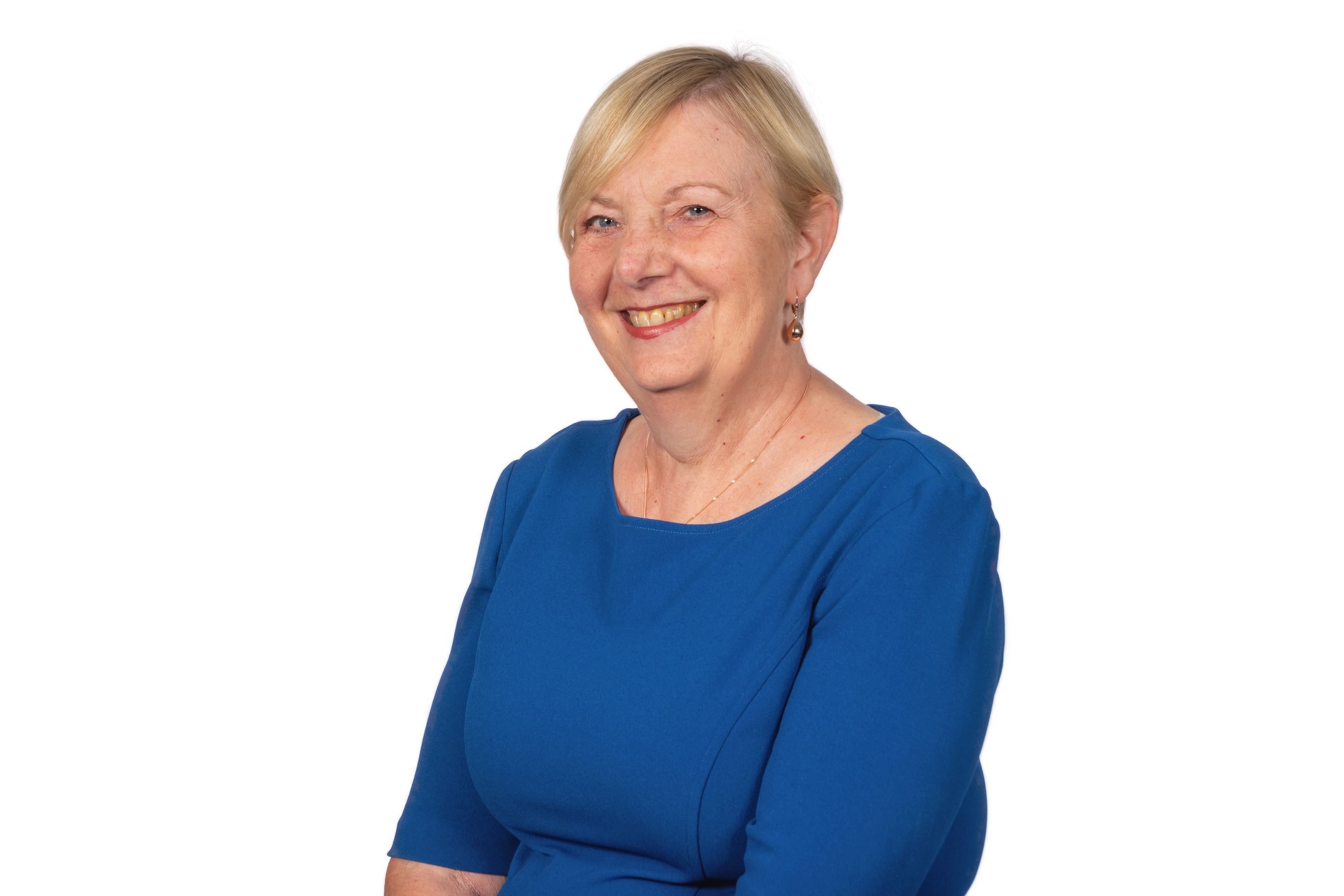Evaluation of the first year of the Sydney Survivorship clinic at Concord Cancer Centre: Feasibility, function and clinical pathways (#205)
Background
Cancer survivors experience significant ongoing health problems compared to the general population. The Sydney Survivorship Clinic, based on a multi-disciplinary team model, commenced September 2013 at Concord Cancer Centre with the aim of helping survivors and their families better manage their disease and any lasting treatment effects. Here we evaluate the first 11 months of the Survivorship clinic.
Method:
Adult patients with localised cancer (breast, colorectal and haematological [commenced May 2014]) after completion of primary treatments (surgery, chemotherapy and/or radiotherapy) are eligible for referral. At the initial visit patients see a multi-disciplinary team consisting of oncologist/haematologist, cancer nurse, dietitian, psychologist and exercise physiologist. Patients complete questionnaires assessing distress, symptoms, quality of life, diet and exercise prior to attending the clinic. Current data are from 12th September 2013 to 7th August 2014.
Results:
Of 92 patients booked, 90 attended the clinic (2 no-shows); 80% were female. Cancer diagnoses represented: breast 51%, colorectal 39%, haematological 10%. Median age 54 (range 23-80) years. Of patients attending, 73 completed questionnaires (response rate 82%). 52 patients completed the Distress Thermometer (mean score 2.9/10; range 0-8); 23% scored >4, indicating concerning distress levels. Mean body mass index (BMI) post treatment was 27kg/m2 (range 18-59kg/m2); >50% were overweight or obese. More than 50% of patients were referred to the ENRICH program (exercise and dietary lifestyle intervention), and >50% were recommended for psychological follow up. 94% of patients agreed or completely agreed attendance at survivorship clinic was worthwhile.
Conclusion:
The Survivorship Clinic is well attended and rated highly by patients. The high rate of patient reported outcome completion in routine follow-up indicates this is acceptable to patients. A quarter of cancer survivors report distress and more than half are overweight. The Survivorship Clinic has the potential to identify and address important concerns for cancer survivors.
 COSA 2014*
COSA 2014* 